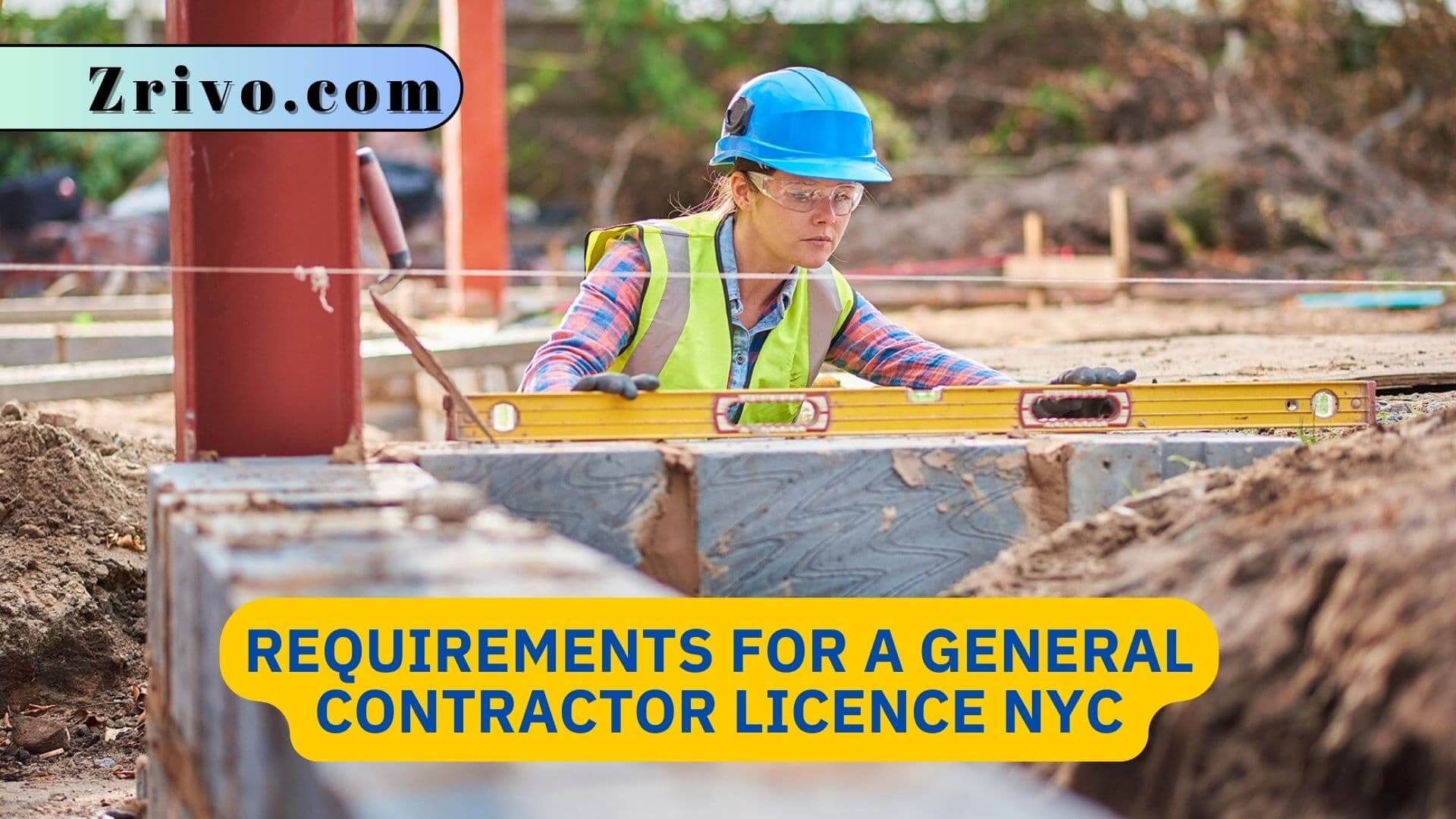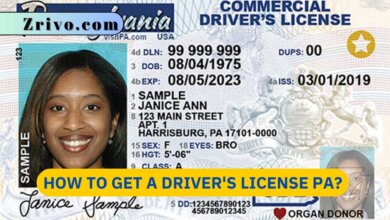Requirements For a General Contractor Licence NYC
The requirements for a general contractor licence NYC can vary from city to city. In most cases, a contractor must pass a background check and submit proof of insurance to get licensed.

Getting a general contractor license in New York is an important step in growing your business. Not only does it show clients that you’re licensed, but it also increases your earning potential. There are a few things to keep in mind before getting your license, including passing a background check and having the proper insurance. Generally, you need to have at least $2 million in liability coverage, which protects you from paying for damages caused by your construction projects. You also need to have a worker’s compensation policy, which covers any injuries or deaths that occur on the job.
Getting a contractor license in New York is a complex process. The licensing requirements vary by region. For example, a home improvement contractor in Westchester County must have a license from the Department of Consumer Protection. This license must be posted, along with proof of insurance coverage and workers’ compensation coverage (if applicable).
A license is also required in NYC for anyone who performs repair, replacement, or renovation work on any land or building used as a residence. This includes homes and apartment buildings, as well as fences, driveways, sidewalks, patios, swimming pools, and decks. The city’s licensing regulations require contractors to undergo a zoning review and a building codes inspection before commencing work on a project. In addition to a license, most regions require contractors to have a notarized application, proof of liability insurance, workers’ compensation insurance, and other forms of documentation. It is considered a misdemeanor in most counties and municipalities to offer home improvement services without a license.

How Can I Be My Own General Contractor in NYC?
If you want to be your own general contractor in NYC, you’ll need to get a license. It’s required by law in most areas, and it demonstrates to clients that you’re professional and reputable. Getting your license can help you to attract more work, too.
You can apply for a home improvement contractor’s license online or submit a physical basic license application. You’ll need to provide proof of insurance, post a bond, and pass a trade exam. In addition, you’ll need to submit fingerprints and complete a background investigation.
If you’re not licensed, you’ll face both civil and criminal penalties if you engage in illegal construction activities. In many cases, you may also be banned from working on homes or other buildings used as residences. Additionally, you may be required to carry workers’ compensation coverage for your employees. This isn’t just a legal requirement — it’s an important way to protect your company. Business owners should consider buying a top-rated plan to make sure they’re protected.





